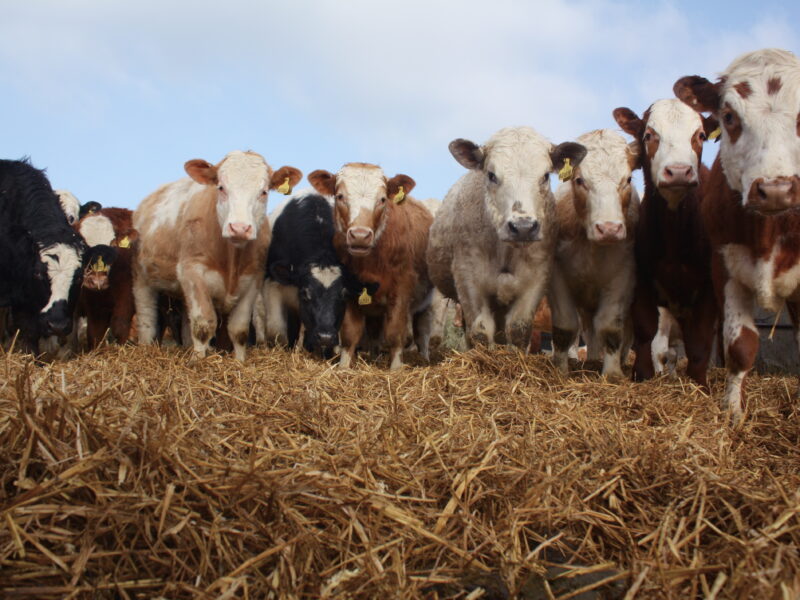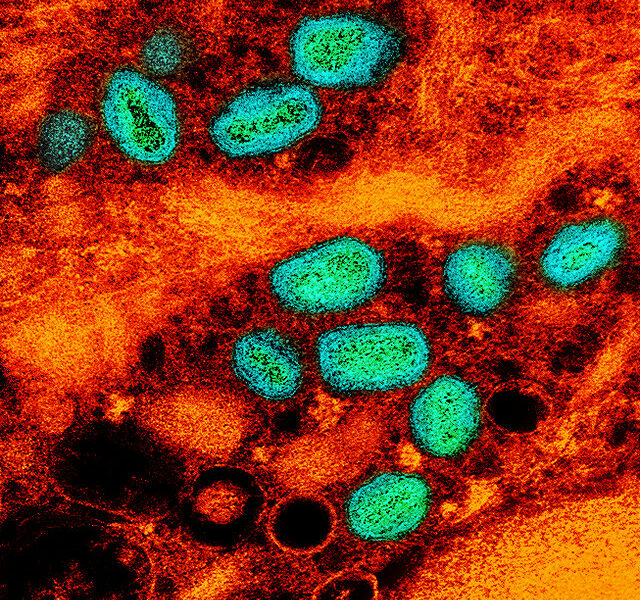H5N1 has resurfaced in Africa’s most populous country, Nigeria. As of January 30, 2015, 11 out of 36 states across the nation have reported cases of avian influenza in poultry [1]. The outbreak seems to have begun in the northern states of Kano and Lagos. Kano State has been hardest hit thus far, with an estimated 136,905 infected birds and a 13% mortality rate [2]. However, the 13% mortality rate of infected birds in this outbreak may not be entirely accurate, due to the nature of large-scale poultry cullings in outbreaks of H5N1. Other affected states include: Ogun, Delta, Rivers, Plateau, Edo, Imo, Gombe, Jigawa, and Oyo [2]. This is not Nigeria’s first detection of this highly pathogenic strain of influenza. In fact, H5N1 was first detected in Nigerian poultry in 2006, and claimed the country’s first human death in 2007 [2].
What About H5N1?
According to the CDC, H5N1 — a highly pathogenic subtype of the influenza virus — “occurs mainly in birds, is highly contagious among birds, and can be deadly to them, especially domestic poultry” [3]. While rare, human cases have been reported worldwide, with some leading to death [3]. As of January 30th, Egypt’s Ministry of Health has reported at least 31 human cases and 10 deaths from H5N1 so far this year [1]. Generally, H5N1’s most common symptoms include fever and cough, with possible complications including respiratory failure and acute respiratory distress syndrome [3]. Research shows that those who work directly with poultry and birds are at higher risk of becoming infected. The mortality rate for H5N1 in humans hovers around approximately 60% [5].
What’s Nigeria Doing?
Lagos, the state with Nigeria’s largest commercial city and a population boasting 15 million, has provided prevention measures to the public to further prevent the spread of H5N1 [4]. Lagos State’s Commissioner for Health, Dr. Jide Idris, “advised members of the public to avoid contact with chickens, ducks or other birds, including their feathers, faeces and other wastes in areas where the disease is known to exist” [4]. Additionally, proper hand hygiene was emphasized to aid in halting the spread of H5N1 [4]. Dr. Idris also reiterated that sick and dead poultry be kept away from children and that all poultry should be cooked thoroughly [4]. In regards to surveillance, Dr. Idris “pleaded with the general public to be watchful and report any casualty with a history of having been in direct or indirect contact with dead poultry or confirmed case of the disease to the health and agricultural departments of the nearest Local Government Area office, or to the Directorate of Disease Control in the State Ministry of Health” [4].
Sources
[1] http://www.promedmail.org/direct.php?id=20150130.3132222
[2] http://www.reuters.com/article/2015/01/29/us-health-birdflu-nigeria-idUSKBN0L21AH20150129
[3] http://www.cdc.gov/flu/avianflu/h5n1-virus.htm
[4] http://www.channelstv.com/2015/02/02/lagos-state-gives-measures-to-prevent-bird-flu-spread/
[5] http://www.flu.gov/about_the_flu/h5n1/

